| IN A NUTSHELL |
|
In a significant move within the realm of defense, Portugal has opted to replace the American F-35 with the French Rafale. This strategic decision marks a pivotal shift for the nation, aiming to enhance its military capabilities while aligning more closely with European industry. By choosing the Rafale, Portugal is not merely modernizing its arsenal; it is also sending a strong message on the international stage regarding its preferences in military cooperation. This decision could have far-reaching implications, influencing both regional politics and global defense dynamics.
A Major Shift in Defense Strategy
The announcement by the Portuguese government to withdraw from the F-35 program has sparked a multitude of discussions among defense experts. Known for its advanced stealth capabilities, the F-35 is often regarded as one of the most sophisticated fighter jets in the world. However, Portugal has chosen to prioritize the Rafale, an aircraft renowned for its versatility and more reasonable operational costs. This decision reflects a desire to adapt to specific needs while optimizing available resources.
Among the reasons cited for this choice, the high cost of the F-35 was a significant determining factor. Furthermore, the Rafale’s better integration into European defense systems makes it a more strategic option for Portugal. The European compatibility and flexibility of the Rafale were crucial to meeting the country’s long-term objectives. This pivot towards the Rafale underscores a broader strategy to align with European military capabilities and strengthen regional ties.
The Economic and Industrial Impact
Beyond the purely military aspects, Portugal’s choice of the Rafale also carries significant economic implications. By opting for a European aircraft, Portugal is aligning itself with a logic of strengthening ties within the European Union. This partnership could pave the way for technology transfers and industrial collaborations that would boost the local economy.
The defense sector could thus benefit from new investments, creating jobs and fostering technological innovation. Portugal’s decision might also encourage other European nations to adopt similar solutions, thereby enhancing the continent’s strategic autonomy. This economic ripple effect highlights the broader impact of military procurement decisions on national and regional economies.
Technical Comparison: F-35 vs. Rafale
The F-35 and the Rafale represent two distinct approaches to military technology. The F-35 is praised for its stealth capabilities and advanced systems, but these innovations come with high costs. The Rafale, on the other hand, is valued for its maneuverability and ability to perform a variety of missions efficiently.
Performance Comparison Table
| Characteristic | F-35 | Rafale |
|---|---|---|
| Unit Cost | High | Medium |
| Stealth | Superior | Moderate |
| Mission Flexibility | Specialized | High |
| European Integration | Low | High |
This table illustrates the key differences between the two aircraft, highlighting why the Rafale emerged as the best option for Portugal. Its flexibility and controlled cost make it a wise choice to meet the diverse needs of Portuguese missions.
Implications for NATO and International Cooperation
Portugal’s decision to adopt the Rafale could have an impact on dynamics within NATO. Traditionally, the military alliance favors standardization of equipment to facilitate cooperation among its members. However, Portugal’s choice of the Rafale underscores a trend towards diversification and autonomy in defense matters.
This strategic choice could encourage other NATO countries to reconsider their own military equipment options. By adopting the Rafale, Portugal demonstrates that it is possible to reconcile technological innovation with European integration. This decision thus raises questions about the future of cooperation within NATO and how European countries can collaborate to strengthen their collective security while preserving their national sovereignty.
By choosing the Rafale, Portugal has clearly shown its intention to anchor itself more firmly within a European defense logic. Could this choice inspire other nations to follow a similar path, thereby redefining traditional military alliances in favor of greater strategic autonomy?
Did you like it? 4.5/5 (26)
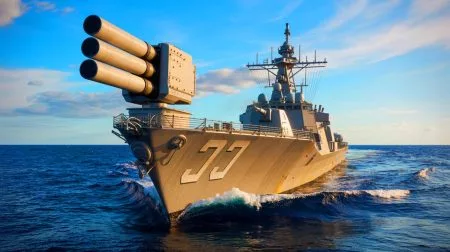
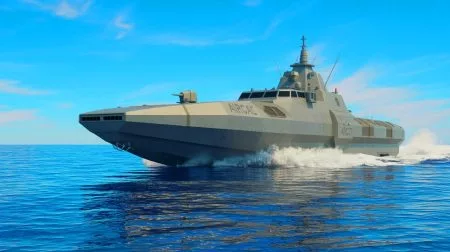
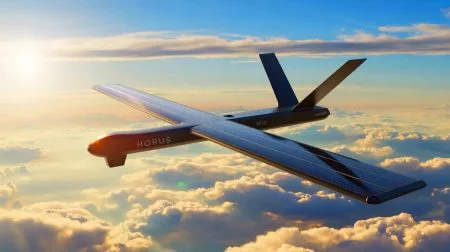

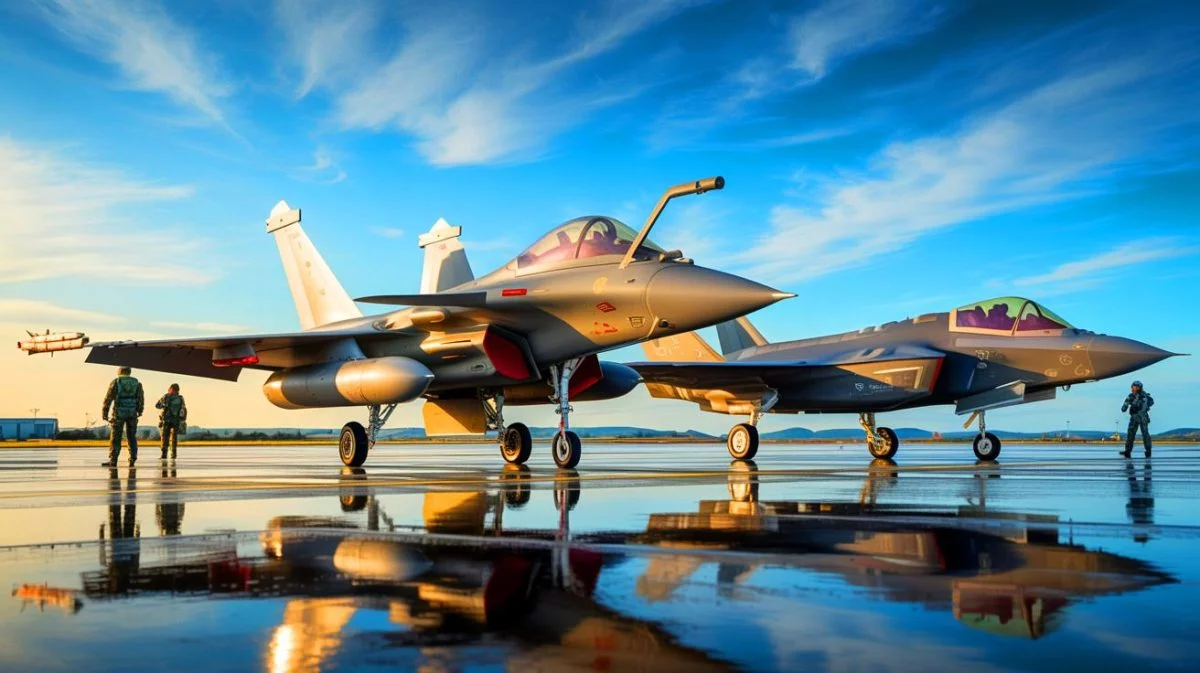
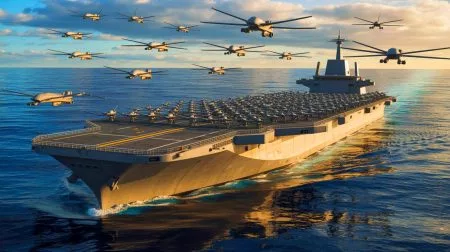
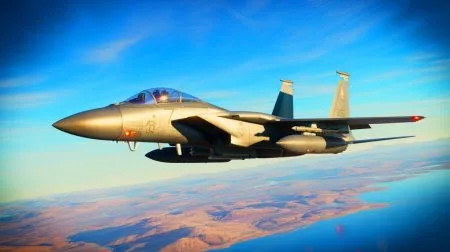
Wow, didn’t see that coming! Is this the end of US dominance in European military markets? 🇺🇸🇪🇺
Why would Portugal choose the Rafale over the F-35? Isn’t the F-35 more advanced?
This decision might be a game-changer for European defense integration. Exciting times ahead!
I’m curious how this will affect Portugal’s standing within NATO. 🤔
Finally, a move that makes economic sense for Portugal! Well done! 👏
Can someone explain why the Rafale is considered more cost-effective than the F-35?
What about the stealth capabilities of the Rafale? Isn’t that a setback compared to the F-35?